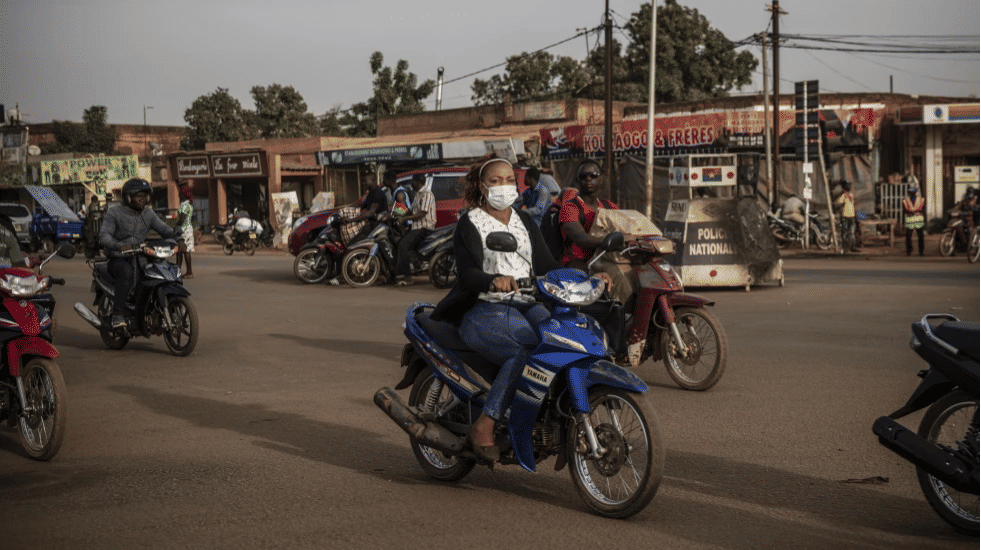Marine Le Pen’s National Rally (RN) has emerged as the frontrunner in the recent French National Assembly elections, securing 33.15 percent of the votes in the first round, according to preliminary results from the interior ministry. This marks a significant lead over the leftwing New Popular Front (NFP) alliance, which garnered 28.14 percent, and President Emmanuel Macron’s centrist party, which received 20.76 percent.
The RN is now eyeing an outright majority in the final round of voting scheduled for July 7, targeting the 501 constituencies where no candidate secured an outright win in the first round.
A look at key numbers
In a historic achievement, 39 RN candidates have already secured seats in the national assembly (parliament) by winning over 50 percent of the votes in the first round. This includes notable figures such as Marine Le Pen and the party’s vice-president, Sébastien Chenu.
The leftwing NFP has won 32 seats after the 1st round of voting. Macron’s alliance has managed to win a meagre 2 seats after the 1st round. A total of 76 candidate have been elected after the 1st round of voting. There are a total of 577 seats in the French National Assembly. 289 seats are required to secure a majority.
Le Pen’s party dominated France’s Northern Rust Belt
The RN has seen a notable increase in its share of the vote across nearly all of France’s 577 constituencies, with the exception of New Caledonia, where it received just 4.6 percent. The party’s strongest performance was in the northern Hauts-de-France region, a former industrial hub that has shifted from Communist or Socialist support to the far-right over the last decade. Seventeen RN candidates won seats in this region during the first round.
One of the notable victories was for Marine Le Pen herself, who was re-elected with 58.04 percent of the votes in Pas-de-Calais, a former coal mining area.
Among the prominent losses was Communist Party leader Fabien Roussel, who lost his seat in Nord department’s 20th constituency to an RN candidate. The constituency was held by the Communists since 1962.
Here is what else you need to know
The RN saw the largest increase in its share of the vote in the southeastern Provence-Alpes-Côte d’Azur region, which includes major cities like Marseille and Nice. This area, historically a stronghold for the party’s predecessor, the National Front, saw significant gains, with the RN increasing its score by 24 points in some areas compared to the previous election.
In Marseille, the vote was split three ways between the RN, the left, and the center, with the RN leading in half of the constituencies. However, the city center went to the hard-left France Unbowed, with their coordinator, Manuel Bompard, winning by a landslide with 67.49 percent of the votes.
Paris remains unimpressed with Le Pen
Despite its nationwide success, the RN struggled in Paris, a traditional stronghold for the left. All RN candidates in the capital were eliminated in the first round. The leftwing New Popular Front won nine out of the 18 seats in Paris in the first round, with Macron’s centrists leading in five others.
As the second round approaches, the RN hopes to consolidate its gains and potentially secure an outright majority in the National Assembly, a significant milestone for the party’s political ambitions in France.
Explained: French National Assembly Election Results world-news, europe World News | Latest International Global World News | Todays Breaking News Headlines




